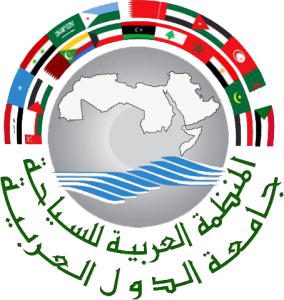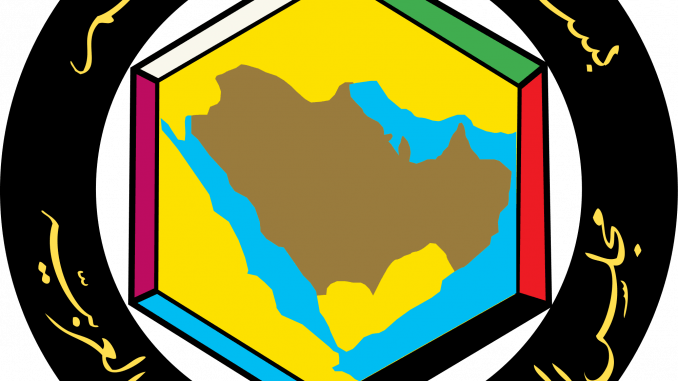Health
Muslims and palliative care
AtlasMed-Project
Palliative care is an area where religion and the comfort and support people derive from it are particularly relevant, precisely because the people concerned are in the final phase of their lives. First-generation Muslim migrants are increasingly confronted with so-called lifestyle diseases such as cancer, etc. As a result, medical decisions have to be made that mark the transition from a curative to a palliative setting. In practice, it appears that existential questions that are religious in nature play a role in the decisions that are made for this specific target group of Muslim patients and their families. At the intersection of questions surrounding life and death, deep religious convictions emerge that give colour to the religious meaning given before, during and after palliative decision-making.
Palliative Care
Palliative care is an area where religion and the comfort and support people derive from it are particularly relevant, precisely because the people concerned are in the final phase of their lives. First-generation Muslim migrants are increasingly confronted with so-called lifestyle diseases such as cancer, etc. As a result, medical decisions have to be made that mark the transition from a curative to a palliative setting. In practice, it appears that existential questions that are religious in nature play a role in the decisions that are made for this specific target group of Muslim patients and their families. At the intersection of questions surrounding life and death, deep religious convictions emerge that give colour to the religious meaning given before, during and after palliative decision-making.
Research
In the research we conducted by and for Muslims in the Netherlands, we looked at classical and contemporary views of Muslim theologians on this subject, but also at practice[1]. These views of Muslim theologians are important because they have authority for Muslims, but also determine, for example, the advice that imams give to people from their religious community when they are confronted with medical decision-making in a palliative setting. In practice, it appears that tension regularly arises in which the Dutch view on the question of what is good care in a palliative setting does not always fit in well with alternative Muslim views.
[1] Muslim Jurisprudence on Withdrawing Treatment from Incurable Patients: A Directed Content Analysis of the Papers of the Islamic Fiqh Council of the Muslim World League | SpringerLink
Contact Us
In our training we provide an outline of the most important results of our research. We specifically zoom in on the observable tensions and look at how those involved deal with them.





















